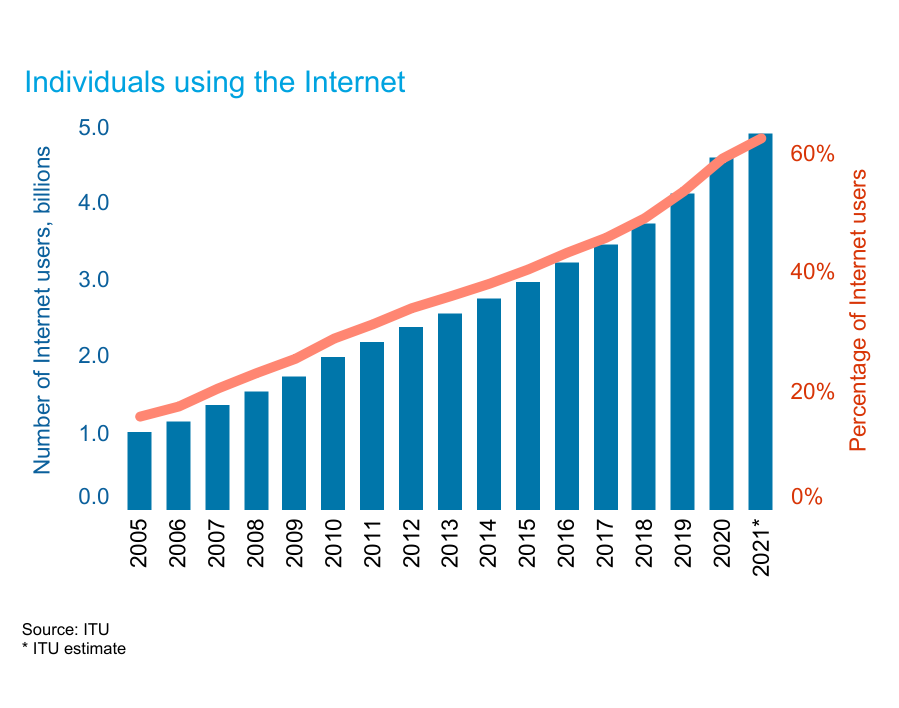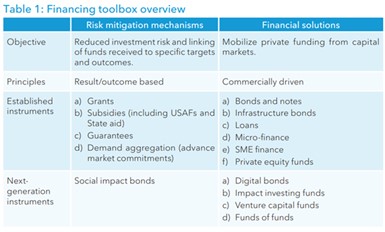
Access for All
28.08.2020Introduction Digital technologies are increasingly a central part of peoples’ lives, reshaping the way we live, work, and play and creating new opportunities for social and economic development. Businesses are, in turn, using information and communication technologies (ICTs) to fundamentally transform their processes, increase efficiency, develop new products, and enhance their customers’ experience. However, the shift towards an increasingly digital economy can widen the digital divide further between those able to benefit from the digital transformation and those that are not – either because they are in socially and economically disadvantaged sectors of the population or in areas without access…
Read »